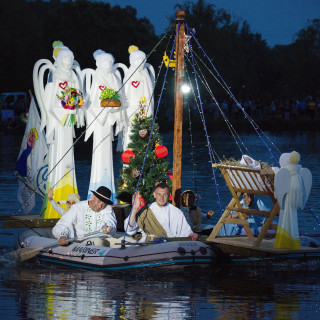Tricky Words in this week's OVI
Technique, technical, technology. To put it simply, technique means "spôsob", as in "the Kenyans use a very efficient running technique". Technical means "technický", so that's OK. Technology now
very often means "technika" in the sense of "prístroje", as in "surgeons use state-of-the-art technology to carry out key-hole operations". A Slovak person who is "technik" is a technician
/teknišn/. Technics is the brand name for Panasonic's professional hi-fi equipment.
The word technics was used in the past in the sense of "technika", but now it is archaic and rare, and that meaning has been taken over by technology. Technology itself originally meant the study
or knowledge of technical things, and it is still used to mean the principles or processes which technical things are based on. Plurals: "techniques" is common, because it's a countable word;
technology is usually uncountable, like equipment, but it is possible to compare different "technologies" used in different processes.
Andy's Wordshop More about "please" and "prosím". "Please" is connected with the words "pleasure" and "pleasant", and originally it meant "potešiť niekoho", to give somebody
pleasure. Then the idea developed of having the pleasure yourself, like "páčiť sa", "zapáčiť sa" or "ráčiť", so in fact "please" is the original translation of "ráčte!", telling or wanting somebody
else to "be pleased", which was the original sense of "nech sa páči" in Slovak.
But remember that these are all OLD meanings, and the modern meaning of "please" is "prosím si niečo". "Prosím" comes from "prosiť", which means "to ask". That is the function of saying "please" in
English, but it's not the translation of "prosím". There are at least 20 different translations of "prosím" in English (I started presenting them last time).
It's interesting that when you hear a politician say something stupid, in Slovak you can say "No, prosím!", and English speakers say "Oh, I ask you!"
Na podujatí Košické Benátky prezentovali svoje plavidlá aj naše spriatelené detské domovy.











